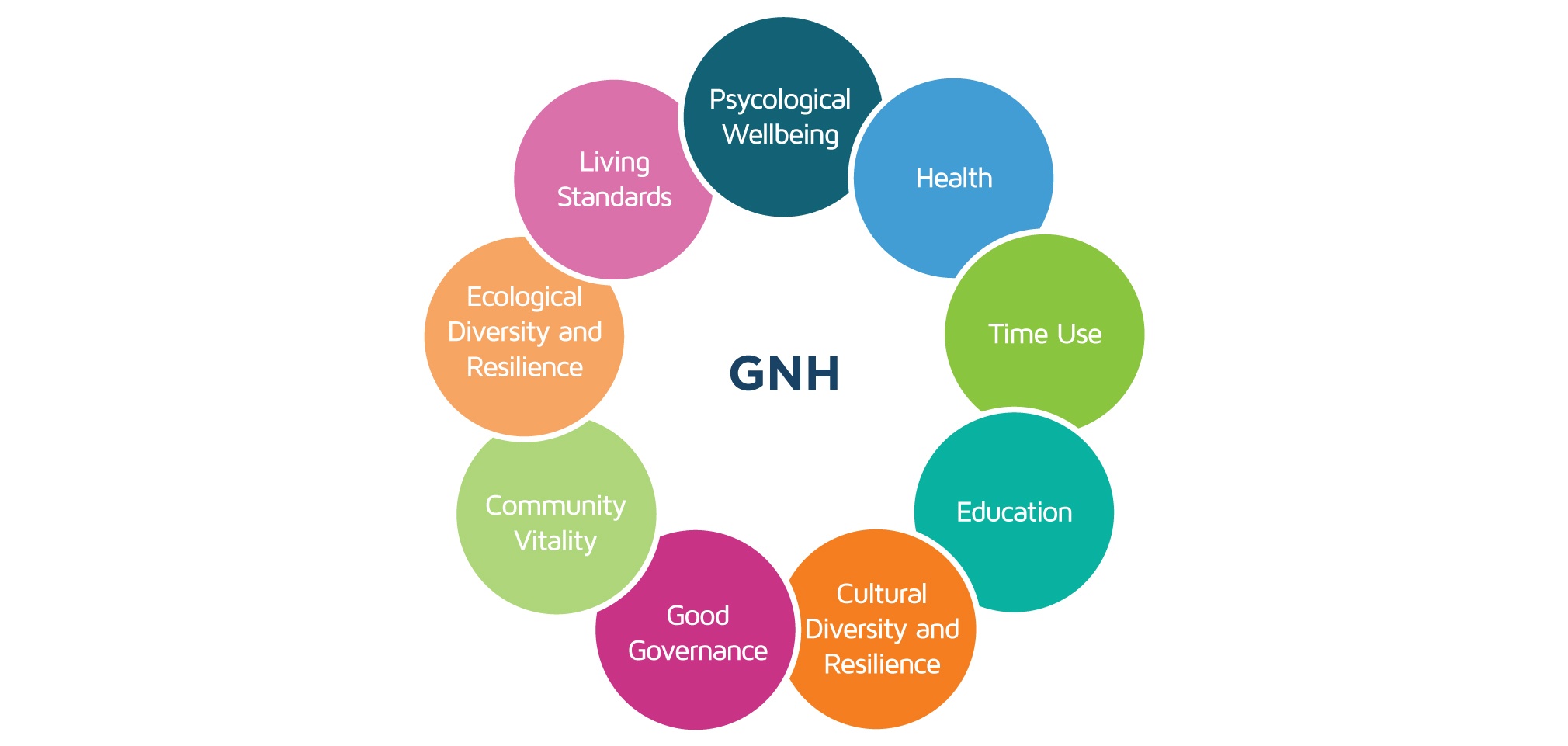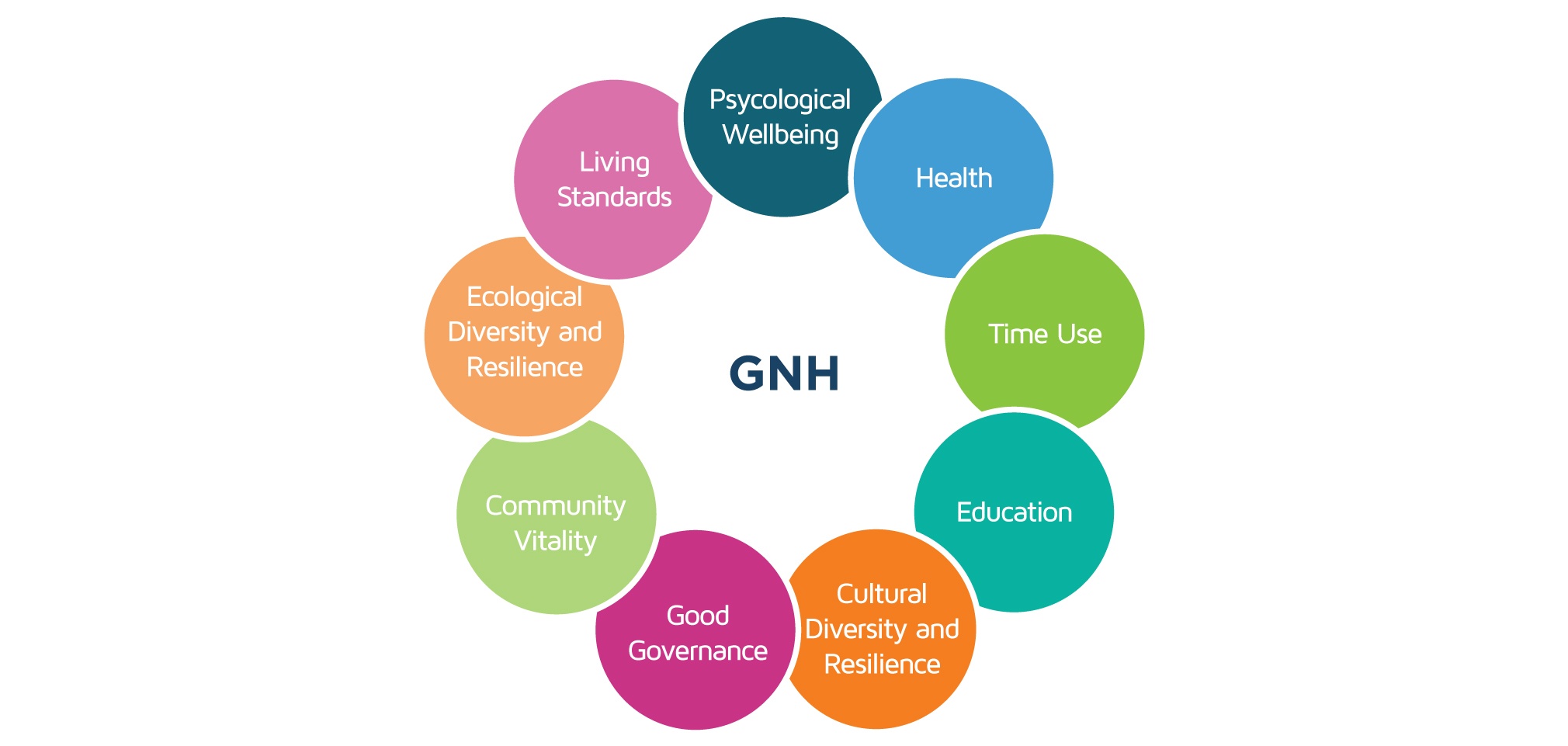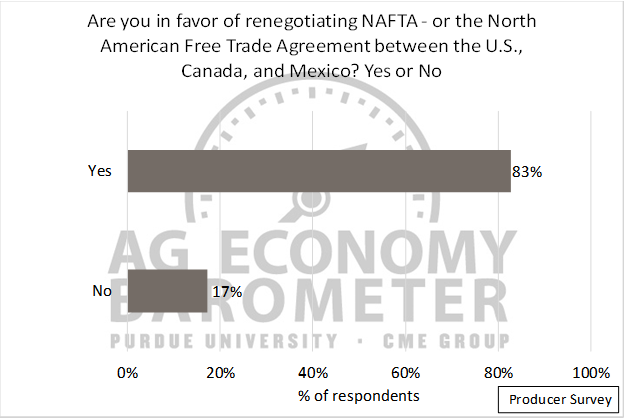
Gross National Happiness (GNH): Beyond GDP – Measuring What Truly Matters
For decades, the world has largely relied on Gross Domestic Product (GDP) as the primary indicator of a nation’s success. We celebrate rising GDP figures, equating them with progress, prosperity, and a better life for citizens. But what if this single number doesn’t tell the whole story? What if a country’s economic growth comes at the cost of its environment, its people’s mental health, or the erosion of its cultural identity?
Enter Gross National Happiness (GNH), a revolutionary concept that challenges the conventional wisdom of economic metrics. Originating from the small Himalayan kingdom of Bhutan, GNH proposes a holistic approach to development, suggesting that true progress isn’t just about accumulating wealth, but about fostering the overall well-being and happiness of its people.
This article will dive deep into GNH, exploring its philosophy, its pillars, how it stacks up against GDP, and why this alternative economic metric is gaining increasing relevance in a world grappling with complex challenges.
What Exactly is Gross National Happiness (GNH)?
At its core, Gross National Happiness (GNH) is a development philosophy that measures the collective happiness and well-being of a population. Unlike GDP, which focuses solely on the monetary value of goods and services produced, GNH takes a much broader view, considering a wide range of factors that contribute to a fulfilling life.
Imagine a scale where traditional economics only measures the weight of money in one pan. GNH, however, looks at a balanced scale, where money is just one factor, alongside the weight of environmental health, cultural vitality, good governance, and the mental and physical well-being of the people.
Key takeaways about GNH:
- Holistic Approach: It looks at the entire picture of national progress, not just the economic slice.
- People-Centric: It prioritizes the well-being and happiness of citizens above mere material accumulation.
- Sustainable Development: It inherently links progress with the long-term health of the environment and society.
- Balance: It seeks to find a harmonious balance between material and spiritual, economic and social, individual and collective well-being.
The Origins of GNH: A Royal Vision from Bhutan
The concept of GNH was first coined in 1972 by Bhutan’s Fourth King, His Majesty Jigme Singye Wangchuck. At a time when many developing nations were rushing to modernize and industrialize, often at great cost to their unique cultures and pristine environments, King Jigme Singye Wangchuck recognized the limitations of a purely economic development model.
He famously declared, "Gross National Happiness is more important than Gross National Product." This wasn’t just a catchy phrase; it became the guiding philosophy for Bhutan’s development path.
Why Bhutan embraced GNH:
- Preserving Identity: Bhutan is a nation with a rich cultural heritage, deep spiritual traditions (Buddhism), and a pristine natural environment. The King wanted to ensure that development didn’t erode these irreplaceable assets.
- Avoiding Pitfalls: Witnessing the social and environmental problems faced by other rapidly developing nations, Bhutan sought a different path – one that avoided the negative side effects of unchecked economic growth.
- Innate Wisdom: The philosophy resonates deeply with Buddhist principles, which emphasize interconnectedness, compassion, and the pursuit of inner peace and collective well-being.
GNH wasn’t meant to stop economic progress, but to guide it. It aimed to ensure that economic growth served a higher purpose: the happiness and flourishing of all Bhutanese people, in harmony with their environment and traditions.
The Four Pillars of GNH: Building a Foundation for Well-being
To translate the grand philosophy of GNH into practical policy, Bhutan identified four main pillars. These pillars act as the fundamental guiding principles for all development planning and decision-making within the country.
-
Good Governance:
- What it means: Ensuring a government that is transparent, accountable, efficient, and serves the needs of its people with fairness and justice. It’s about empowering citizens and promoting democratic participation.
- Why it matters: A stable, just, and effective government is crucial for creating the conditions necessary for people to thrive and be happy. Without it, other development efforts can falter.
-
Sustainable Socio-economic Development:
- What it means: Economic growth that is equitable, environmentally sound, and does not deplete resources for future generations. It focuses on reducing poverty, providing essential services (like education and healthcare), and ensuring everyone benefits from progress.
- Why it matters: While GNH isn’t just about money, a certain level of material well-being is necessary. This pillar ensures that economic activities contribute to overall happiness without causing harm or creating vast inequalities.
-
Preservation and Promotion of Culture:
- What it means: Actively protecting and celebrating Bhutan’s unique traditions, language, arts, crafts, customs, and spiritual values. It encourages a sense of national identity and belonging.
- Why it matters: Culture provides a sense of continuity, meaning, and community. Losing one’s cultural roots can lead to a feeling of displacement and unhappiness, even amidst material wealth.
-
Environmental Conservation:
- What it means: Protecting Bhutan’s rich biodiversity, forests, clean air, and water. This includes policies like maintaining high forest cover and promoting sustainable resource management.
- Why it matters: A healthy environment is fundamental to human well-being. Clean air, water, and a thriving natural world are essential for physical health, mental peace, and the long-term survival of any society.
These four pillars are not independent but are deeply interconnected, forming a holistic framework. For instance, good governance is needed to implement sustainable development and environmental policies, while a strong culture can inspire environmental stewardship.
Beyond the Pillars: The Nine Domains of GNH
While the four pillars provide the broad framework, Bhutan has further elaborated GNH into nine specific domains to allow for more detailed measurement and policy formulation. These domains operationalize the pillars and include:
- Psychological Well-being
- Health
- Education
- Time Use
- Cultural Diversity and Resilience
- Good Governance
- Community Vitality
- Ecological Diversity and Resilience
- Living Standards
Regular surveys are conducted to assess how citizens are faring in each of these domains, providing valuable data for policymakers.
GNH vs. GDP: A Tale of Two Metrics
To truly understand the significance of GNH, it’s helpful to compare it directly with its more famous counterpart, GDP.
Gross Domestic Product (GDP):
- What it measures: The total monetary value of all finished goods and services produced within a country’s borders in a specific time period.
- Strengths: Simple to calculate, widely understood, good for measuring economic activity and market transactions.
- Limitations:
- Ignores "bads": A major oil spill, increased crime requiring more security, or healthcare costs from pollution all increase GDP, even though they represent negative events.
- Doesn’t measure well-being: It tells us nothing about income inequality, happiness, environmental quality, or social cohesion.
- Omits non-market activities: Volunteer work, household chores, or subsistence farming (which contribute greatly to human well-being) are not counted.
- Short-term focus: Often prioritizes immediate economic gains over long-term sustainability.
Gross National Happiness (GNH):
- What it measures: A multi-dimensional indicator of collective well-being, encompassing material, spiritual, social, and environmental factors.
- Strengths:
- Holistic view: Provides a more complete picture of national progress.
- Values-driven: Aligns development with ethical and spiritual principles.
- Long-term sustainability: Encourages policies that protect the environment and future generations.
- Focus on quality of life: Prioritizes what truly makes people happy and healthy.
- Limitations:
- Complex to measure: Quantifying "happiness," "culture," or "psychological well-being" is challenging and can be subjective.
- Implementation difficulties: Integrating such a broad philosophy into all aspects of government policy is a massive undertaking.
- Not easily comparable: Different countries may define and measure well-being differently, making international comparisons harder than with GDP.
- Potential for "Greenwashing": Critics argue that GNH can be used to mask underlying socio-economic issues if not genuinely applied.
In essence, GDP asks, "How much stuff are we producing?" GNH asks, "Are our people genuinely flourishing?" They are fundamentally different questions, leading to fundamentally different approaches to national development.
Why is GNH Relevant Today? Global Challenges and the Limits of GDP
In the 21st century, the limitations of relying solely on GDP have become glaringly apparent. The world faces interconnected crises that GDP simply doesn’t account for, or worse, sometimes even incentivizes.
- Climate Change and Environmental Degradation: Our planet is under immense stress. GDP doesn’t subtract the cost of deforestation, pollution, or resource depletion. In fact, economic activities that cause these problems often boost GDP. GNH, with its strong environmental pillar, directly addresses this.
- Rising Inequality: While global GDP may rise, wealth often concentrates at the top, leaving many behind. This can lead to social unrest and reduced well-being. GNH emphasizes equitable development and community vitality.
- Mental Health Crises: Despite material advancements, many developed nations are seeing alarming rates of anxiety, depression, and stress. The relentless pursuit of material wealth can come at the cost of psychological well-being. GNH explicitly includes psychological well-being and balanced time use.
- Erosion of Community and Culture: Rapid globalization and consumerism can undermine local cultures and community bonds, leading to feelings of isolation. GNH prioritizes cultural preservation and community vitality.
- Resource Depletion: Finite resources are being consumed at unsustainable rates. GDP doesn’t factor in the long-term consequences of this depletion. GNH, through its sustainability pillar, encourages responsible resource management.
These global challenges highlight the urgent need for a more comprehensive framework for progress – one that goes beyond mere economic output to encompass human well-being, social equity, and environmental stewardship. GNH offers a compelling philosophical and practical alternative.
Bhutan’s GNH in Practice: Real-World Examples
So, how does GNH translate from philosophy into reality in Bhutan? Here are some examples:
- Environmental Protection: Bhutan has a constitutional mandate to maintain at least 60% forest cover for all time. Currently, it’s over 70%, making it one of the few carbon-negative countries in the world (it absorbs more carbon than it emits).
- Free Education and Healthcare: The government provides free education from primary school through university, and free healthcare services to all citizens, recognizing these as fundamental rights for well-being.
- Sustainable Tourism: Instead of mass tourism, Bhutan implements a "high value, low volume" tourism policy, requiring visitors to pay a daily sustainable development fee. This helps protect the environment and culture while generating revenue.
- Focus on Local Culture: Traditional architecture is promoted, national dress is worn, and festivals (Tshechu) are widely celebrated, reinforcing cultural identity.
- Meditation and Mindfulness: The government promotes activities that foster spiritual and mental well-being, recognizing their importance alongside physical health.
- Community Development: Emphasis is placed on strengthening local communities and ensuring rural populations have access to essential services and opportunities.
While Bhutan, like any nation, faces its own challenges (such as youth unemployment, rural-urban migration, and adapting to modern influences), its commitment to GNH continues to shape its policies and public discourse.
Beyond Bhutan: GNH’s Global Influence
Though GNH originated in Bhutan, its principles have resonated far beyond its borders. The idea that well-being should be prioritized over mere economic growth is gaining traction worldwide.
- United Nations Recognition: The UN General Assembly adopted a resolution in 2011, co-sponsored by Bhutan, titled "Happiness: Towards a Holistic Approach to Development," recognizing happiness as a fundamental human goal and calling for a more inclusive, equitable, and balanced approach to development. The UN also publishes an annual "World Happiness Report."
- Other Countries Exploring Well-being Metrics: Nations like New Zealand, Scotland, and Iceland are actively exploring and implementing "well-being budgets" or alternative progress indicators that go beyond GDP.
- Academic and Policy Discussions: GNH has spurred significant academic research and policy debates on how to measure and achieve genuine human flourishing.
- Local Initiatives: Many cities and communities around the world are adopting GNH-inspired frameworks to guide their local development, focusing on community well-being, sustainability, and quality of life.
While no other country has fully adopted GNH in the same comprehensive way as Bhutan, its core message – that progress should serve the well-being of people and the planet – is becoming increasingly influential.
Conclusion: A Compass for a Better Future
Gross National Happiness (GNH) offers a profound and timely alternative to the conventional economic metrics that have dominated our understanding of national success. It challenges us to look beyond the numbers on a balance sheet and consider the true wealth of a nation: the health and happiness of its people, the vibrancy of its culture, and the integrity of its environment.
While implementing GNH on a global scale presents considerable challenges – from defining and measuring subjective concepts to overcoming ingrained economic priorities – its enduring value lies in its power as a guiding philosophy. It encourages us to ask deeper questions:
- Is our pursuit of economic growth truly making us happier?
- Are we sacrificing our planet and our collective well-being for short-term gains?
- How can we create societies that are not just wealthy, but also wise, compassionate, and sustainable?
Bhutan’s bold experiment with GNH serves as a powerful reminder that there are alternative paths to progress. It invites us all to redefine what truly matters and to build a future where happiness, well-being, and harmony are the ultimate measures of success.



Post Comment